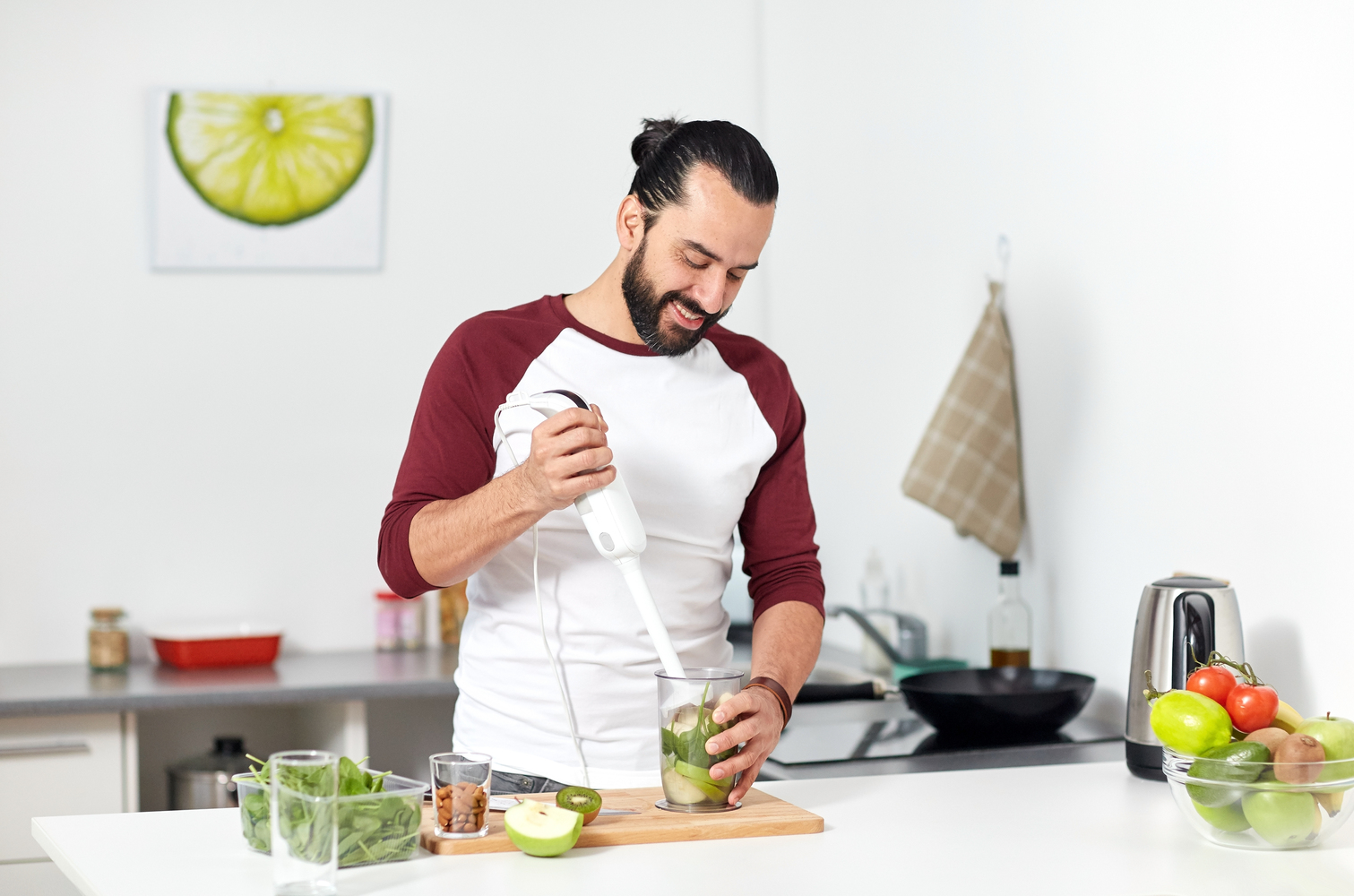Healthy Food Choices That Can Control Excessive Sweating
Sweating the usual amount every day is no cause for alarm. It is just the body’s natural response to heat, rigorous exercise, or even stress. Sweat glands in the skin secrete this liquid from within to help maintain body temperature. However, excessive sweating is caused by certain eating and lifestyle habits, you must try to understand the trigger associated with the symptom.
Foods that cause excessive sweating
Apart from weather and external elements, changes in food habits including consuming foods that directly trigger excessive sweating must be taken into consideration. Some of the major foods and beverages that trigger sweating are
- Spicy foods
Avoid eating spicy foods to prevent excessive sweating.

Your morning, post-lunch, or even late-night cup of Joe is one of the common reasons for sweating. Caffeine is an active stimulant that directly affects the central nervous system. Drinking coffee during the day surely does help you stay more active and feel less tired.
Vegan and vegetarian diets comprise plant-based nutrition sources. There is minimal cooking involved for pure vegan diets and most ingredients can be consumed in their raw form. But these fruits and veggies, though rich in fiber, will take more time and internal exertion to process and convert them into usable energy. Several of these foods are rich in vitamins that stimulate your metabolism. The result is an overexerted body that produces sweat to cool down.
Often Red meats are the usual suspects. Their excessive consumption can cause a chemical imbalance in the body. But certain lean proteins including fish, turkey, and chicken tend to increase your body’s metabolic rate. Lean cuts of meat need more energy to digest, break down, and produce the energy body functions need to work in cohesion.
Alcohol may have that numbing effect as it dilutes brain function and puts the body and mind in a trans-state. However, drinking too much alcohol is also one of the primary reasons of excessive sweating. Alcoholic beverages and other liquor open up the blood vessels and pores in the skin. This is a process called vasodilation causes sweat to come out more easily from the enlarged pores and results in uncontrollable sweating. It doesn’t mean the sweating will stop completely once you quit drinking. But moderating and limiting consumption can help avoid speeding up the process of excessive sweating.
Foods that control excessive sweating
You can control excessive sweating with the help of these foods and beverages:
- Plain old water
We know that sweating is the natural response of the body to control internal temperature. The lack of hydration can force the body to produce excess sweat in an effort to counter the rising temperature. The simple solution is to drink water and regular intervals to help stay cool during the day and replenish the supply at night before going to sleep. - Water-rich fruits and vegetables
Watermelon is the best fruit you can have to stay hydrated, especially during the summer. Cucumber, iceberg lettuce, celery sticks, tomatoes, romaine lettuce, zucchini, spinach, kale, and carrots are also excellent water-rich foods that help you stay hydrated. The best part is that you might be using one or the other ingredient in your daily cooking. Other alternatives in fruits include apples, pineapples, oranges, peaches, honeydew melon, cantaloupe, and strawberries. - Calcium-rich foods
Calcium naturally helps regulate internal body temperature and reduces the likelihood of excessive sweating significantly. So incorporate more foods like milk, cheese, yogurt, sardines, dark leafy greens, collard greens, soybeans, and even enriched bread and grains. A freshly squeezed glass of orange juice is also rich in the vital nutrient. - Oats
Oatmeal is rich in fiber and digestive properties that break down easily to be converted into energy. The body doesn’t have to work too hard to convert nutrients and fiber-rich foods into energy for vital functions. This way, the core temperature stays normal and the glands remain dormant to avoid producing sweat to cool off. Oats are your natural antiperspirant.
It’s always advisable to check with a general physician to understand alternate courses of action in case the excessive sweating persists. The aforementioned suggestions for foods that trigger and stop excessive sweating will vary from person to person in terms of severity. If the problem does persist, getting professional medical advice and attention should be your top priority.

